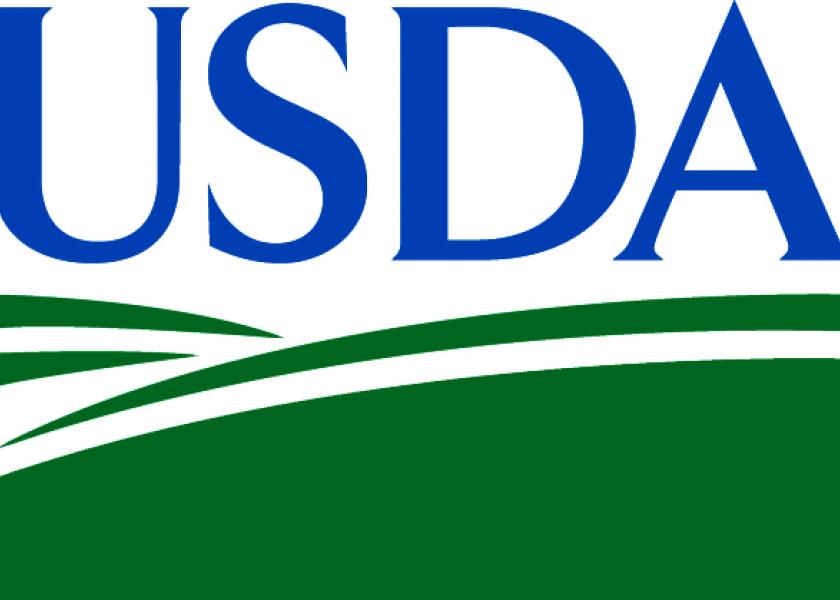Pesticide report: More than 99% of produce samples in compliance

The U.S. Department of Agriculture has released its Pesticide Data Program Annual Summary, detailing results from 2018 tests of residues on produce and other items.
The report shows that more than 99% of the samples tested had “pesticide residues well below the benchmark levels established by the Environmental Protection Agency,” according to a USDA news release. Almost 48% had no detectable levels.
The Alliance for Food and Farming, which promotes science-based information on the safety of produce at safefruitsandveggies.com, said the report confirms what has been reported in past years.
“Year after year, the USDA report shows the exceptional level of compliance among fruit and vegetable farmers with the stringent laws and regulations governing pesticide use,” according to an alliance news release. “Specific to residues, this report shows consumers can enjoy organic and conventional fruits and vegetables with confidence.”
2018 results
Fresh and processed fruit and vegetables accounted for 87.8% of the total 10,545 samples collected in 2018, according to the report. Two-thirds of the samples were from domestic items and the rest were imported.
States in the testing program include California, Texas, Florida, Colorado, Washington and New York. About 25% of the samples were grown, packed and/or distributed in or from California.
Fresh fruit and vegetables tested in 2018 were: asparagus, cabbage, cilantro, green onions, kale, kiwifruit, mangoes, snap peas and sweet potatoes.
Processed fruits and vegetables in the program were canned and frozen cranberries, canned garbanzo beans, olives and peaches; frozen spinach, strawberries and sweet peas; and prunes and raisins.
Of the 10,545 samples tested (also includes rice, wheat flour and heavy cream), 82 samples (0.78) exceeded the set tolerance levels according to the report. Just over half of those tests came from domestic crops.
Samples with pesticides exceeding established tolerance, and the number of samples that exceeded limits included:
- Asparagus (7)
- Cabbage (1)
- Cilantro (8)
- Heavy cream (9)
- Kale (19)
- Kiwifruit (1)
- Mangoes (3)
- Raisins (3)
- Rice (1)
- Frozen spinach (4)
- Snap peas (23)
- Sweet potatoes (1)
- Frozen strawberries (2)
Related stories:
Alliance for Food and Farming educates dieticians through webpage
CAST Releases New Pesticide Report
AFF, Markon wrap up “Facts, Not Fear” Produce Safety Media Tour







